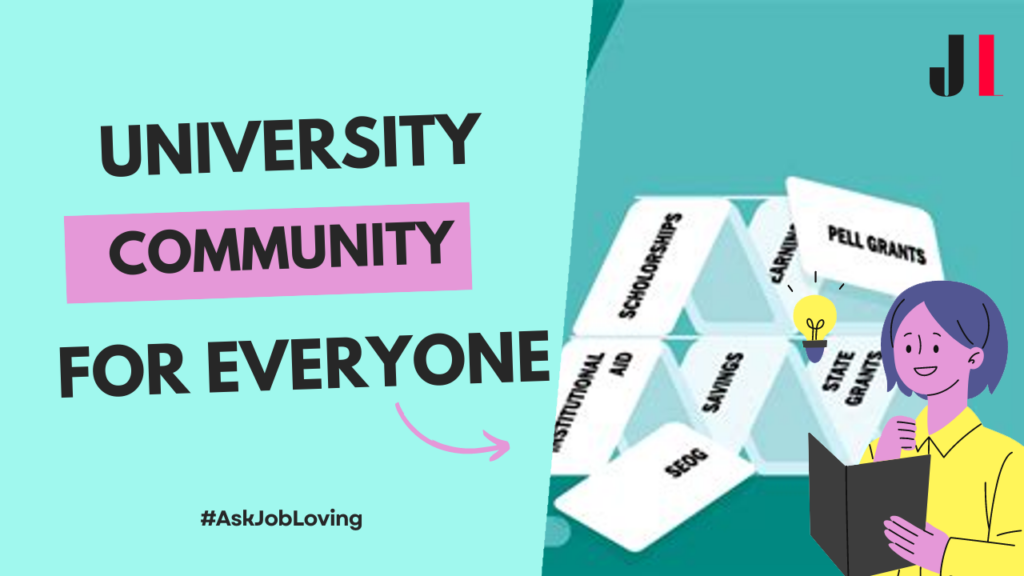Is Every Dollar Counts with University of Michigan a Scam?
When you hear about “Every Dollar Counts” associated with the University of Michigan, it’s natural to raise an eyebrow. With any new program, especially those involving financial transactions, skepticism is a healthy reaction. So, let’s dig into this topic: is “Every Dollar Counts” really a scam, or is it a legitimate initiative worth considering?
The program, initiated in its first year, is designed to conduct a thorough three-year survey tracking where the funds actually go. This transparency is critical in any educational or financial initiative. If they’re committed to showcasing how every cent is utilized and benefits students, why would anyone label it a scam? Indeed, there’s a website and phone contact for inquiries—another tick in favor of legitimacy!
Now, some chatter on social media points at organizations like “Humans of University,” suggesting that there might be some skepticism swirling around the program. Nevertheless, the “scam” narrative often arises from misunderstanding rather than malintent. Particularly when funds are involved, narratives can spiral out of control, leading even well-meaning folks to question the program’s integrity.
Unpacking the Michigan Reconnect Program
To fortify this discussion, let’s examine another related initiative known as the Michigan Reconnect Program. This program acts as a “last dollar” scholarship, meaning they cover tuition costs for those who meet certain criteria after other federal student aids have been claimed. Now that’s mighty generous! It’s genuinely aimed at ensuring that community members can acquire an Associate’s Degree tuition-free, thus nurturing educational growth without the burden of crushing debt.
The prevailing joke—that every dollar donated simply ensures local executives make it to their photo ops on time—might sound satirical but brings forth essential discourse about accountability in donations and funding. In nearly all cases where funds are concerned, questioning how that money is spent ensures that transparency remains a priority! Also, there have been whispers about fabricated bankruptcy cases, which only amplifies concerns about how various funds are managed. However, not every program suffers the same fate from questionable past actions; evaluating each initiative individually can help dispel misinformation.
Concluding Thoughts on Financial Initiatives
In summary, while skepticism towards financial programs like “Every Dollar Counts” is absolutely warranted and healthy, suggesting it’s outright a scam misses out on vital nuances. These programs frequently aim to provide meaningful support and education; navigating concerns through open discussion only fosters improvement! Transparency measures like surveys and reports can solidify trust in such ventures.
If you’re still pondering over whether to engage with programs like “Every Dollar Counts,” consider researching further or connecting with current participants—real experiences speak volumes! And if you desire additional help or want the latest insights regarding this topic, don’t hesitate to connect with us at the JobLoving community! We’re here to lend a hand and shed light on your queries!

